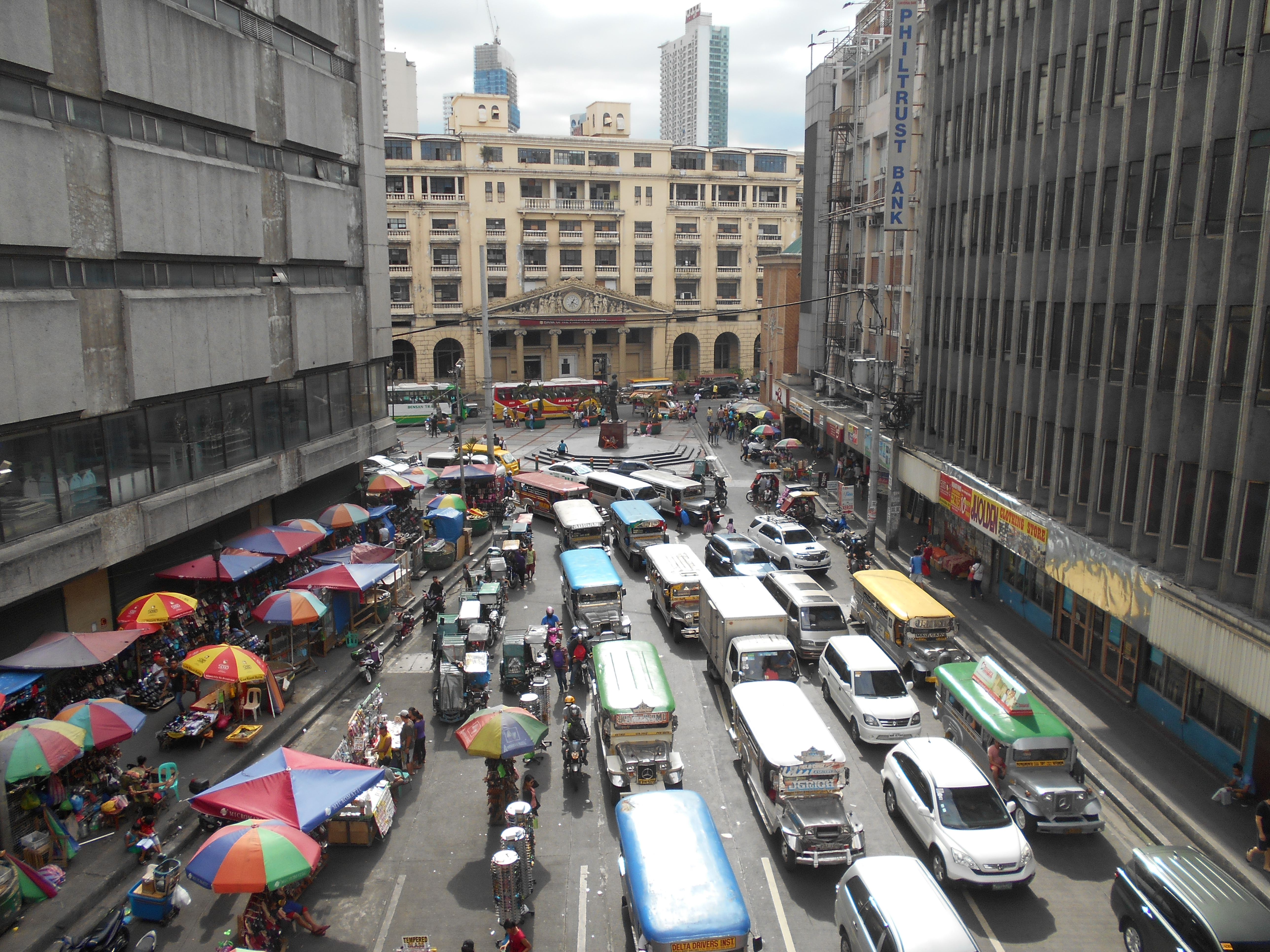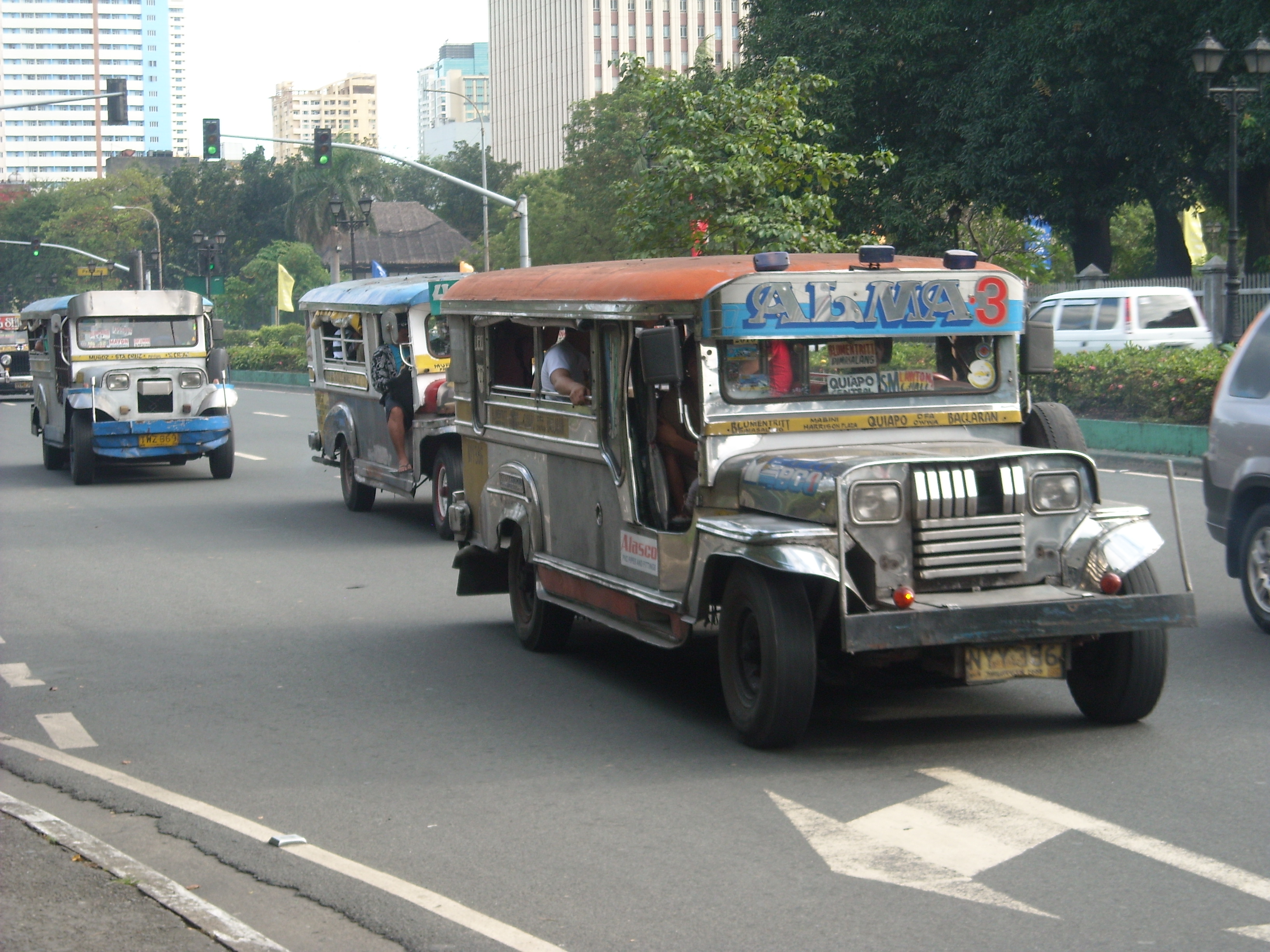Urban Change Maker Group, 2019 - 2021
Prof. Dr. Philipp Misselwitz, Dr Oliver Lah, Lisa Graaf, Jakub Galuszka
Urban Change Maker Group
Knowledge Sharing Facility on Urban Basic Services in the Context of Integrated Urban Development
The transformation of cities towards sustainable and inclusive development is a key objective of the New Urban Agenda. Transport infrastructure is a critical factor in shaping cities, determining the energy intensity of mobility and providing access to essential social and economic opportunities. The sector also plays an important role in global climate change mitigation strategies, as it currently accounts for about 23% of global energy-related greenhouse gas emissions.
There is substantial potential to improve urban access, air quality, safety and the quality of life in cities along with reducing Greenhouse Gas Emissions if an integrated policy approach is applied that combines all intervention areas for urban policy and involves all levels of government. A package that leads towards low-carbon cities and fosters sustainable developed includes avoided journeys through compact urban design and shifts to energy efficiency, more efficient modes of transport, uptake of improved vehicle and engine performance technologies, low-carbon fuels, investments in related infrastructure, and changes in the built environment. From a governance perspective, all relevant political institutions at the local and national level need to be involved in the coalition building along with key societal actors, such as unions, industry and civil society organisations. Bringing the policy objectives of these actors together with an integrated policy package is a vital step towards a low-carbon, sustainable urban systems. Policy design and governance are critically interlinked: The ability of institutions to find a political consensus and to maintain policy stability heavily influences the success of measures to shape the transformation pathway towards sustainable mobility and urban basic services.
The Urban Change Maker Group tackles these issues through a development of a research group to further analyse linkages and highlight the role of different policy and governance approaches in stimulating low-carbon urban development solutions. This analysis builds on transport and urban development research, but takes a transdisciplinary perspective. It builds on the Multi-Level-Perspective on sustainability transitions and aims to highlight the potential for a consensus oriented policy approach that builds on co-benefits among key policy objectives and coalitions among key political actors, which leads to the main question for the research group and the focus areas for the analysis. It will focus on sustainability transitions at the local level, working with partner cities and academic institutions of the existing network of, among others, Urban Electric Mobility Initiative and Urban Pathways, to trigger support of key stakeholders and creating innovative solutions in the area sustainable urban mobility and integrated planning – this way helping to deliver on the New Urban Agenda, the Paris Agreement and the Sustainable Development Goals. The project is supported by the UN-Habitat.
![]()



